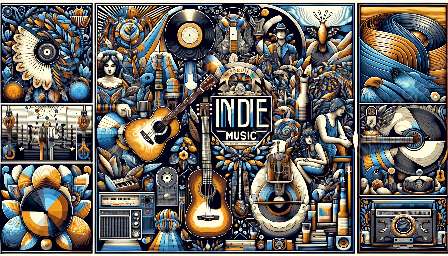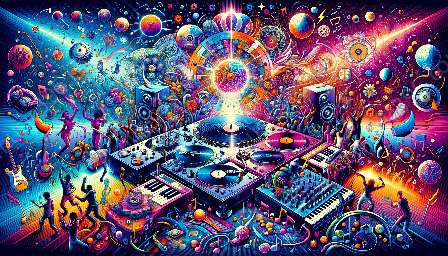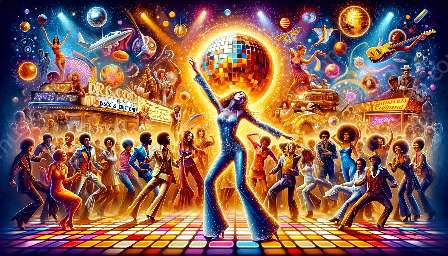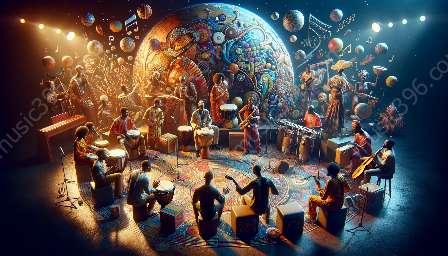Rhythm and blues (R&B) music has been a significant force in shaping the contemporary music industry, influencing various music genres and capturing the hearts of music enthusiasts across the globe. This article will delve into the evolution, impact, and importance of R&B music in the modern music landscape.
The Evolution of Rhythm and Blues (R&B) Music
Rhythm and blues, often abbreviated as R&B, originated in the 1940s as a combination of jazz, gospel, and blues music. It was initially referred to as 'race music,' catering primarily to African American audiences. The genre gained popularity in the 1950s and 1960s, with artists such as Ray Charles, Etta James, and Sam Cooke contributing to its widespread recognition.
As R&B music continued to evolve, it incorporated elements of funk, soul, and later on, hip-hop and contemporary pop music. This evolution allowed R&B to maintain its relevance and adapt to the changing musical landscape, thereby cementing its significance in the contemporary music industry.
Influence on Contemporary Music Genres
R&B music has had a profound influence on various contemporary music genres, including pop, hip-hop, and soul. Its unique blend of soulful vocals, emotive lyrics, and rhythmic instrumentation has permeated the musical styles of numerous artists and bands.
Furthermore, the incorporation of R&B elements in pop music has led to the emergence of subgenres such as contemporary R&B and neo-soul, which have garnered immense popularity among diverse audiences. The impact of R&B on hip-hop is also evident, with many hip-hop artists integrating R&B-inspired melodies and vocal techniques into their music, resulting in a fusion of the two genres.
Importance in the Modern Music Landscape
Rhythm and blues music holds immense importance in the modern music landscape due to its ability to convey raw emotions, address social issues, and connect with listeners on a profound level. The genre serves as a platform for artists to express their experiences and perspectives, contributing to the cultural and artistic diversity within the music industry.
Moreover, R&B music has been instrumental in shaping trends and pioneering new soundscapes, inspiring future generations of musicians and redefining the boundaries of popular music. Its influence extends beyond entertainment, as it has played a role in bringing awareness to social injustices and advocating for change through its lyrical content and powerful musical expressions.
The Future of Rhythm and Blues (R&B) Music
Looking ahead, R&B music continues to evolve and thrive, adapting to the technological advancements and cultural shifts that shape the contemporary music industry. With the emergence of digital platforms and streaming services, R&B artists have greater opportunities to reach global audiences and connect with fans worldwide.
Furthermore, the fusion of R&B with other genres and innovative production techniques paves the way for new sonic experiences and boundary-pushing artistic endeavors. The genre's ability to reinvent itself while staying true to its roots ensures that R&B music will remain a pivotal force in the ongoing evolution of the music industry.
In conclusion, rhythm and blues (R&B) music continues to hold immense significance in the contemporary music industry, shaping the soundscape of popular music and influencing a diverse range of music genres. Its evolution, influence, and importance highlight its enduring impact on the global music landscape, making it an integral part of musical expression and cultural identity.












































